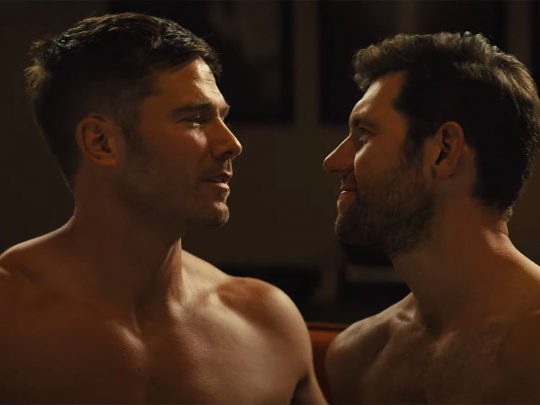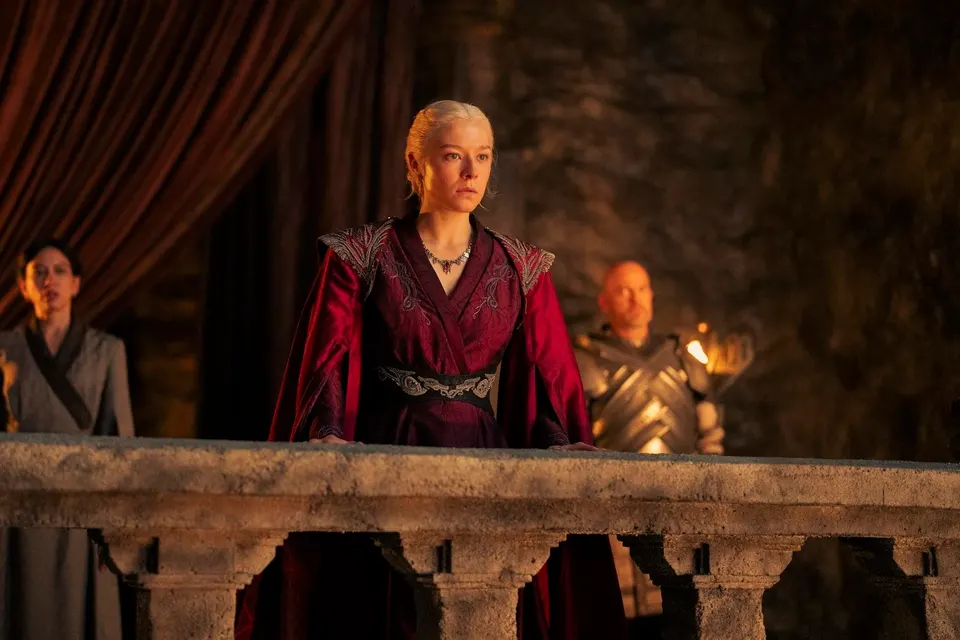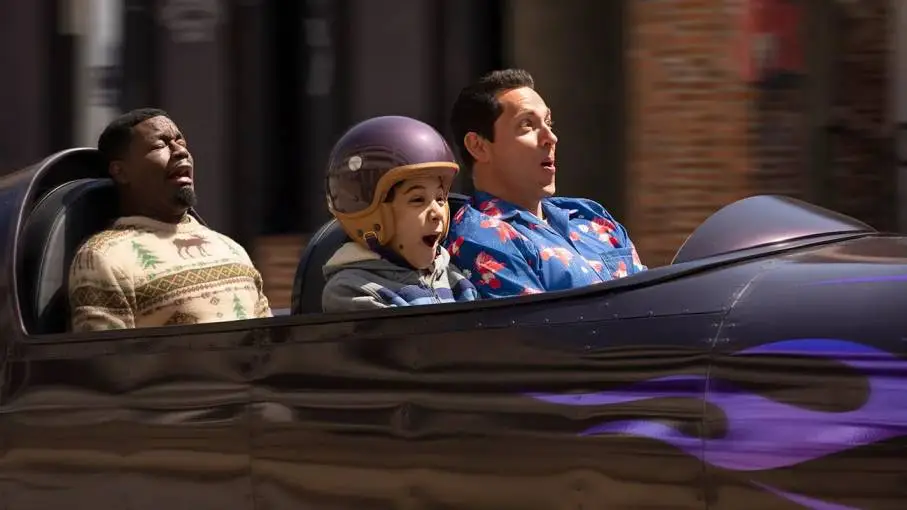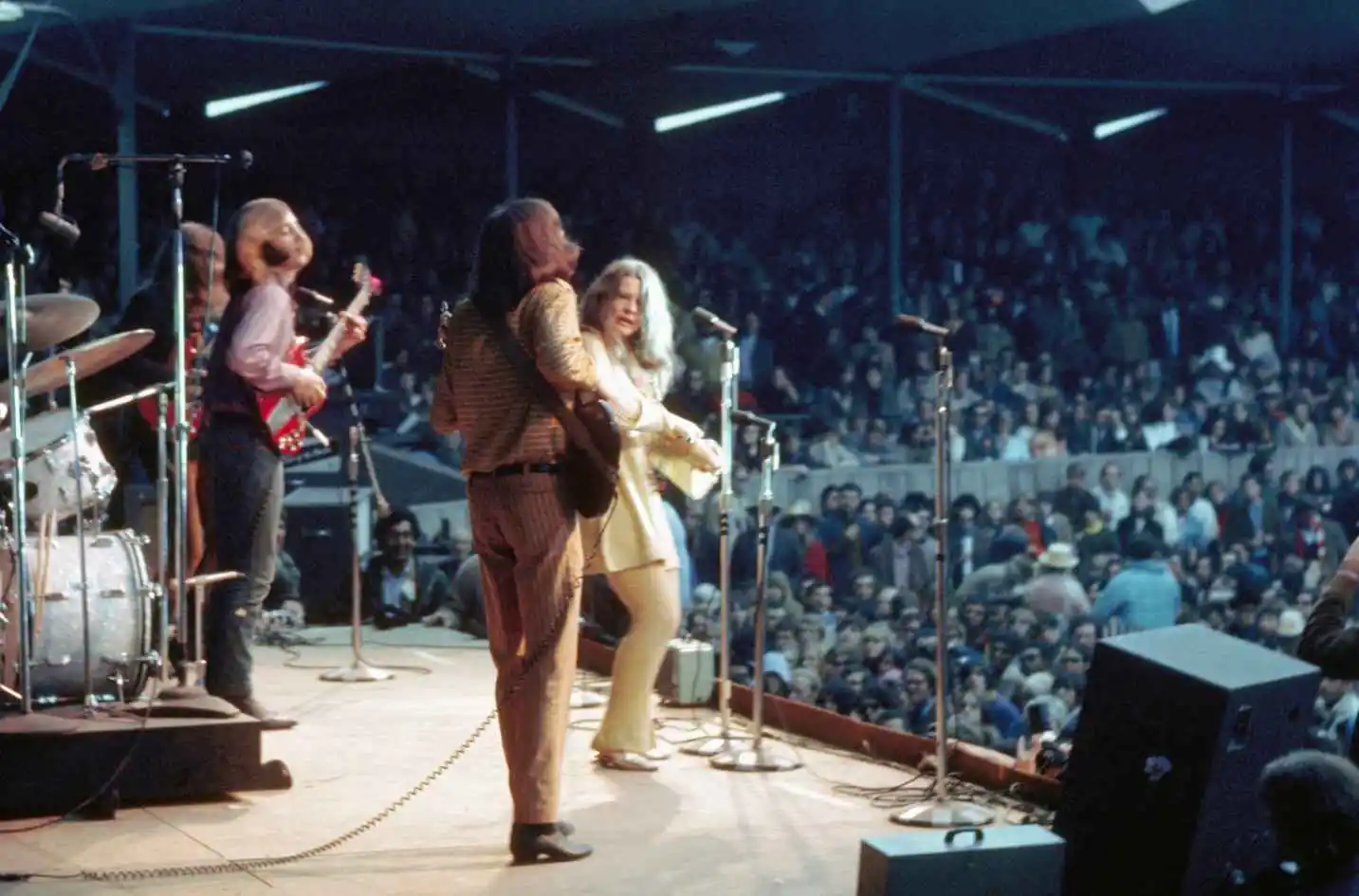

Representation matters. But just what it is representation? Is it merely seeing a weft with a unrepealable trait onscreen? Hearing them speak? Seeing their unique issues represented? Or is it just permitting them to be a person living their life?
My philosophy on true representation is when mediocrity is unliable and given a pearly market share. When a subpar spectacle or drama with a majority minority tint is unliable to go into theaters, and is not just aiming for Oscar morsel or stuff an “issues” film, then representation is truly moving forward. Films like Girls Trip, Think Like a Man, What Men Want, and Little have come out in recent years and provided that representation for Black actors. It’s still a work in progress, but ten years ago, those films all likely would have had a majority white cast.
Bros now stakes a requirement for LGBTQ folks as a major studio rom-com centered virtually two gay men. Not that Bros is necessarily mediocre (indeed, it’s a fairly decent film), but Bros is not Brokeback Mountain, Call Me By Your Name, The Power of the Dog (discussed in some detail in this film, as it happens), or some type of prestige drama/romance. Bros is a mucosa firmly rooted in the tropes and filmmaking style of major studio rom-coms, which has been a dying subgenre as far as wide releases in the last ten or increasingly years. Produced by Judd Apatow, and directed by Nicholas Stoller (Forgetting Sarah Marshall, Neighbors), Bros is not an amazingly written film, nor is it a unvarying gut-buster laughter machine. It commits many of the sins of the same studio rom-coms from the past twenty years. But Bros does a have a real heart, some very clever jokes interspersed throughout, and wisely leans on the surprising dramatic and comedic strengths of the lead actors Billy Eichner and Luke Macfarlane.
Eichner plays a podcast host who has recently been made director of a new LGBTQ history museum. Bros does not shy yonder from addressing its place as a foot forward in representation, occasionally taking on some very meta commentary and dialogue well-nigh its role in mucosa history and media as a whole. Debates are had in the mucosa well-nigh straight men playing gay characters, well-nigh how so many gay films are sad and depressing, and the rapidly waffly social status quo when it comes to visa of gay relationships.

Yet, for both largest and worse, the mucosa sooner steers yonder from all of that to focus on the romance between the two leads. Eichner’s weft embodies much of his own personality, as a snarky, sharp-talking, reedy man who is “unafraid” of stuff himself. Meanwhile, Macfarlane plays your typical “bro,” a gym rat and a will and estates lawyer who loves country music. Pulling on those tropes of opposites attracting, Bros showcases a relationship like so many others onscreen. They finger attraction, resist it, fall in love, hurt each other, and make up. Which is unconfined for so many reasons stated above.
One might wish Bros rose to stand with the true titans of the genre. There are so many avenues for this mucosa to be just a tad better. There are some scenes included for wholesale spectacle that finger just a little too ridiculous for the tone set. An early theme or idea introduced is Macfarlane’s character’s seeming lack of desire to engage with the greater LGBTQ narrative due to how depressing it is and a desire just to exist and be happy. In a sense, the latter half of the mucosa addresses that, though a increasingly depthful and uncontrived take on that idea might have been really interesting.
Bros ultimately succeeds due to the unconfined cast. Many of the side notation are fun, if undeveloped, and Debra Messing has a fun cameo appearance. Eichner really shines, and anyone who has watched any of the major TV comedies of the past couple of decades has likely seen him in some topics and seen his comedic talent. He shows a real perchance for dramatic vicarial in this mucosa as well. At least two scenes are two-to-three-minute static shots of him monologuing and talking well-nigh his life experiences, likely drawn from Eichner’s own life. The sincerity of these scenes is fantastic and really brings out your empathy for him. Macfarlane’s weft feels somewhat underwritten, though the man is so full of recreate that it’s easy to get over this. He’s starred in several Hallmark Christmas movies in the past five years, something the mucosa directly lampoons.
Reducing Bros purely to a mucosa well-nigh finally bringing needed representation risks trivializing what is honestly a pretty good rom-com, if a far from perfect one. Still, Bros has zaftig discussions and depictions of the reality of day-to-day life for gay men, at least in New York City, with multiple showings of PG-13 gay sex and a few scenes bringing in heavy trauma. The reality is that Bros brings representation to the screen in a big way, and it is an important film. Hopefully it moreover paves a path forward for normalizing films where gay main notation can be included, not as an intentional struggle to bring gay stories to life, but considering gay people exist and are part of this world and can be main notation in major studio films without any self-confidence attached. May Bros be that unvigilant step forward.
Tell us your thoughts on Bros in the comments unelevated and rank it on Flickchart now!
The post Review: Bros first appeared on Flickchart: The Blog.











